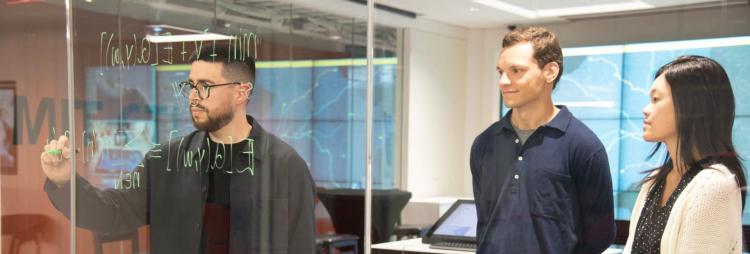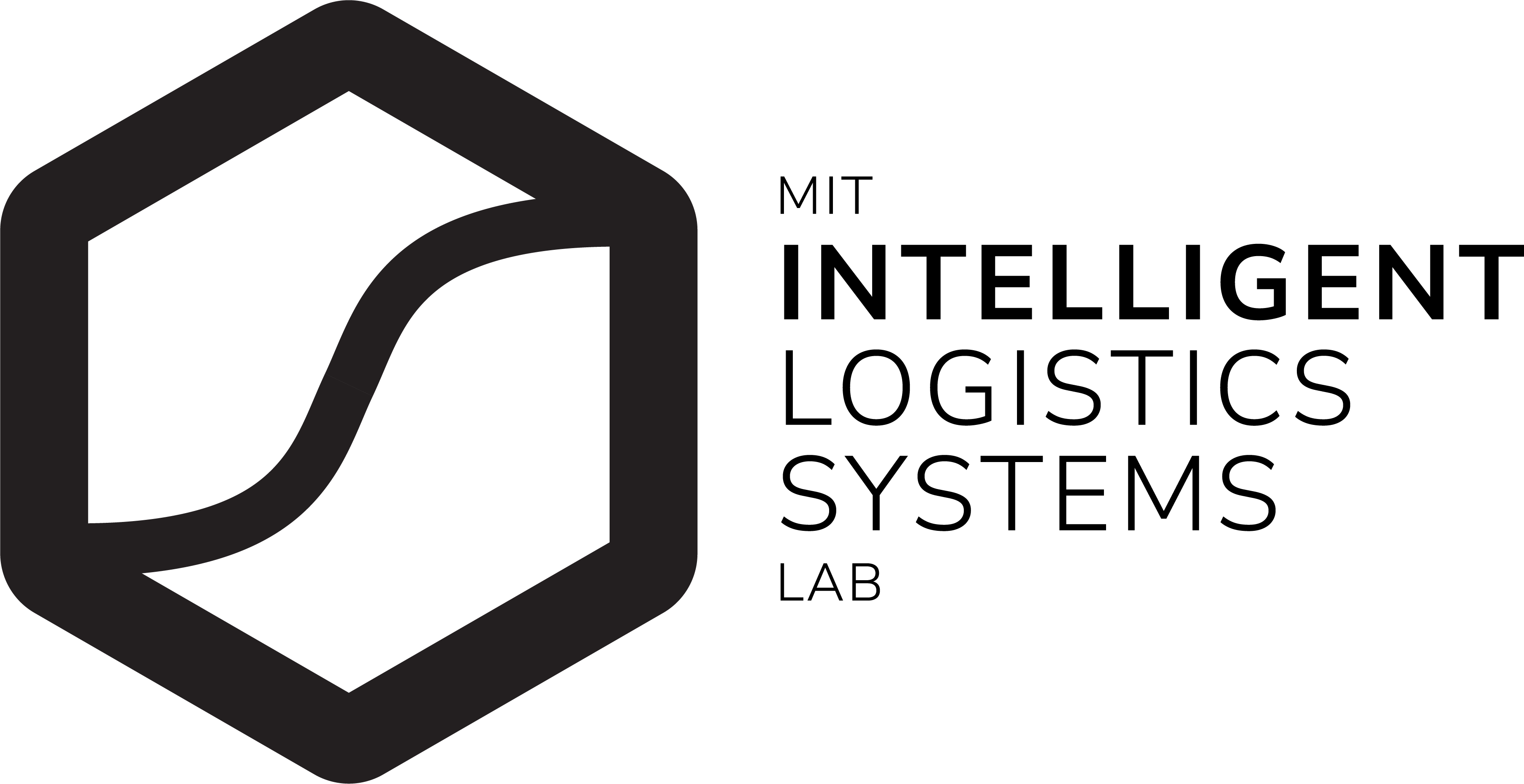
Innovative lab to transform logistics with advanced AI and machine learning technologies
The MIT Center for Transportation & Logistics (MIT CTL) is excited to announce the launch of the Intelligent Logistics Systems Lab (ILS), a pioneering research initiative designed to revolutionize logistics operations through cutting-edge research at the intersection of operations research (OR), artificial intelligence (AI), and machine learning (ML) technologies. This innovative lab is made possible by the foundational support and collaboration with Mecalux, a global leader in intralogistics.
 The Intelligent Logistics Systems Lab will bring together MIT researchers, industry experts, and policymakers to develop and implement AI- and ML-based solutions aimed at tackling some of the most pressing, high-impact challenges in logistics. The lab's mission is to drive advancements that enhance efficiency, sustainability, resilience, and customer satisfaction within the logistics industry.
The Intelligent Logistics Systems Lab will bring together MIT researchers, industry experts, and policymakers to develop and implement AI- and ML-based solutions aimed at tackling some of the most pressing, high-impact challenges in logistics. The lab's mission is to drive advancements that enhance efficiency, sustainability, resilience, and customer satisfaction within the logistics industry.
Under the leadership of Dr. Matthias Winkenbach, Director of Research at MIT CTL, the lab intends to explore several key research streams:
- Predictive intelligence: The ILS Lab will explore high-impact predictive models powerd by AI and ML, including the development of highly accurate, near-term predictive capabilities essential for highly responsive logistics services such as same-day and sub-same-day delivery.
- Prescriptive intelligence: The ILS Lab will develop new methods and models that combine OR with ML and AI to solve complex combinatorial optimization problems critical for logistics operations, such as vehicle routing, inventory planning, and network design, in a richer context of non-trivial real-world objectives, constraints, and uncertainties.
- Autonomous intelligence: The ILS Lab aims to explore the role, control, and impact of advanced logistics systems and technologies that can independently perform tasks, make decisions, and learn from their environments without continuous human intervention. For instance, this includes mobile robots that assist or replace human warehouse or delivery activities and that operate autonomously in complex and dynamic settings.
- Collective intelligence: The ILS Lab lab will study the collective behavior and coordination of autonomous systems or entities working together to solve a common problem. This stream of work often draws inspiration from natural systems, such as insect colonies or bird flocks, where individual agents follow learned policies, leading to complex and efficient group behavior. In the context of intelligent logistics systems, this involves the synchronization and cooperation of multiple agents such as autonomous robots or crowd-sourced carriers to optimize system performance.
- Augmented intelligence: The ILS Lab aims to study how human decision-making can be enhanced by combining human intelligence with AI. Specifically, the lab intends to explore how decision support systems and operations management software can effectively combine human expertise with AI-driven insights.
“We aim to harness the power of AI and machine learning in combination with state-of-the-art optimization methods to tackle the most significant real-world challenges facing the logistics industry today,” adds Matthias Winkenbach.
The establishment of the Intelligent Logistics Systems Lab marks the beginning of a strategic research partnership between MIT CTL and Mecalux. This collaboration combines MIT’s academic excellence with Mecalux’s extensive industry experience, promising a collaborative approach to solving complex logistics problems. The seed funding received from Mecalux will enable the new lab to attract some of MIT’s most talented students and build a strong interdisciplinary research team early on, giving it a head start in uncovering the vast potential of research at the intersection of operations research and artificial intelligence in transforming the supply chain and logistics industry toward a smart, sustainable, and customer-centric future.
“We are thrilled to support MIT CTL in this new research venture, as it aligns with our vision of integrating autonomous technologies and smart systems into logistics processes,” says Javier Carrillo, CEO of Mecalux. “This partnership will drive research-based innovation into practice and set new standards for operational excellence in the industry.”
Prof. Yossi Sheffi, Director of MIT CTL, added, “This new lab represents a significant step forward in our mission to innovate and improve global logistics systems. With the support of Mecalux, we are confident that our research will lead to groundbreaking advancements in the field.”
For more details about the new lab, visit intelligent.mit.edu.
About the MIT Center for Transportation & Logistics (CTL)
Founded in 1973, the MIT Center for Transportation & Logistics is a dynamic environment where industry leaders, professors, and students pool their knowledge and experience to advance supply chain education and research. MIT CTL’s more than 80 researchers and faculty members from multiple disciplines seek to deliver solutions that help organizations and societies to thrive. ctl.mit.edu
About Mecalux
The Mecalux Group is a warehouse technology and intralogistics software enterprise. With over 55 years of experience, Mecalux develops automated storage solutions, warehouse management software, and metal racking systems for all sectors. The Mecalux Group has an extensive worldwide distribution network, 11 manufacturing plants, seven R&D centers for technological development, and a workforce of more than 5,000 employees. www.interlakemecalux.com
Media Contacts
MIT CTL:
- Benjy Kantor – bkantor@mit.edu
- Dan McCool – dmccool@mit.edu
Mecalux:
- Anna Alsina – anna.alsina@mecalux.com
- Judith Romero – judith.romero@mecalux.com